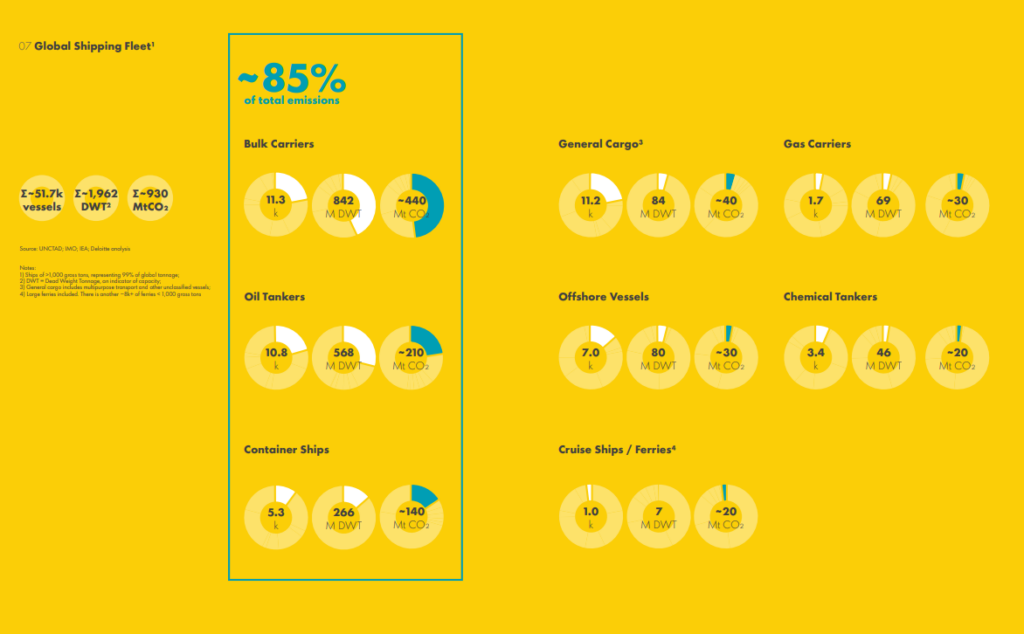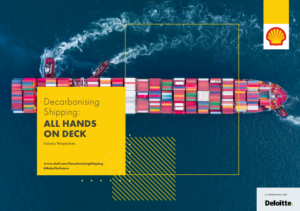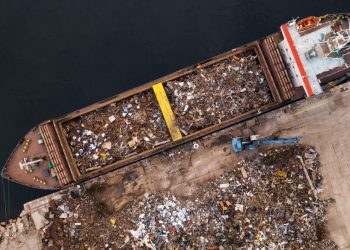Shell and Deloitte published a report according to which 95% of senior shipping executives see decarbonization as important or a top three priority for the industry.
The report includes in-depth interviews with more than 80 senior shipping executives from organisations across Europe, North America, and Asia, representing customers, ship owners, operators, charterers, port authorities, regulators, technology providers, financiers, equipment manufacturers and bunker suppliers.
It represents the industry’s view concerning decarbonization and the solutions that would help the industry meet the IMO’s ambition of reducing GHG emissions by at least 50% by 2050.
The interviews revealed three factors that the industry is currently focusing on: a lack of market and customer demand; no technological alignment on what the new fuels would be; and a lack of harmonised regulatory incentives.

In the report, 12 solutions were identified with five of those prioritized as the most critical to unlocking progress in the short-term:
- Scale-up customer demand: Create scale in demand for low or zero-emission shipping through charterers’ and customers’ commitments that include long-term contracts and green procurement criteria. Natural candidates to lead this solution are state-owned and publicly listed companies with proximity to end consumers (e.g. containers, food bulk) and others with ambitious scope 2 and 3 net carbon footprint commitments.
- Global regulatory alignment: Create a level playing field globally and reduce uncertainty regarding regulations and timeframes. New IMO guidelines due in 2023 should provide clarity and should be aligned with leading local and regional regulatory bodies (eg. EU, China and US). Short-term regulatory incentives should also be considered.
- Cross-sector research and development: Intensify partnerships to develop zero or low-emission fuels through joint research and development (R&D) across shipping, other harder-to-abate sectors and the energy industry. Create a much larger pool of capital and expertise to evolve new technologies and increase the likelihood that production and transportation infrastructure will be available once future fuels are commercially viable.
- Scale-up controlled pilot projects: Increase R&D effectiveness by running end-to-end green pilot projects involving customers, charterers, operators, owners and ports on specific routes and vessel types. Operators that follow a predetermined schedule, such as container ships especially on shorter and busier routes, are likely candidates for pilot projects.
- Coordinated industry commitments: Increase the reach of existing initiatives – such as the Getting to Zero Coalition, Clean Cargo Working Group and others – by consolidating objectives and strengthening the coordination of various concurrent workstreams. A body with a specific mandate, formed with dues from the industry, could accelerate the shift from ideas to action and help break the deadlock.
Concluding, you may learn more about the report by clicking herebelow































































